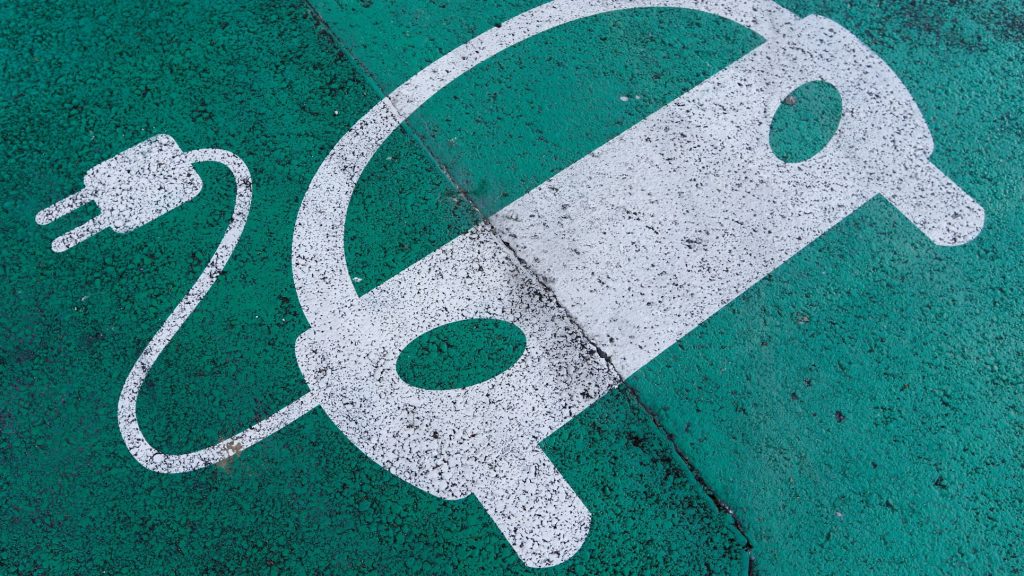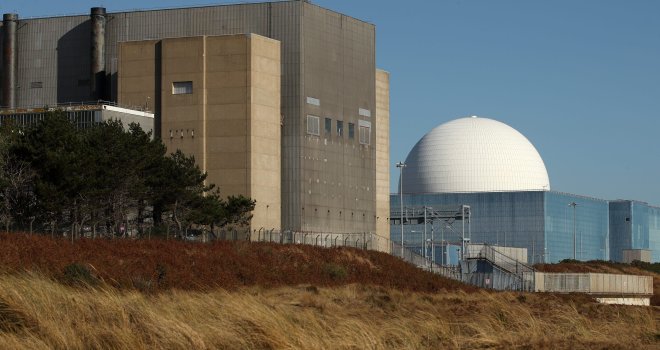Slovakia’s InoBat Eyes Electric Vehicle Battery Plant In Serbia

Slovakian battery maker InoBat said on Monday it has signed declarations of intent with the Serbian government to build an electric vehicle (EV) battery factory in the Balkan country with a capacity of up to 32 gigawatt hours (GWh).
The plant would open with an initial capacity of 4 GWh in 2025.
The Serbian government has agreed to provide funding of up to 419 million euros ($431 million) including grants and tax incentives to support the project, InoBat said.
Although the agreement is not final, a source familiar with the matter said it is close to being so.
InoBat has said it wants to build a gigafactory in western Europe and one in eastern Europe.
Last month InoBat said it had signed a declaration of intent with Spain’s government to build a gigafactory in Valladolid. The declaration is not a finalised agreement and other locations, including the United Kingdom, remain under consideration for InoBat’s western European factory.
Some European battery startups have struggled to raise billions for huge gigafactories, while others like InoBat are focused on expanding slowly as they land customers contracts.
InoBat will open a 45 megawatt-hour (MWh) pilot line in Bratislava early next year to produce high-performance batteries for customers to test and says it has signed customer agreements, including with German air taxi developer Lilium worth 500 million euros by 2030.
The company aims to build battery production capacity in 4 GWh increments starting in 2025 – costing around 350 million euros each – as contracts are signed.
InoBat also plans a research & development facility in Indiana, which could expand into a gigafactory, in a joint venture with fintech company Ideanomics.
Ideanomics is an investor in InoBat, as are mining group Rio Tinto and Czech utility CEZ.
(Reporting By Nick Carey; Editing by Chizu Nomiyama)




